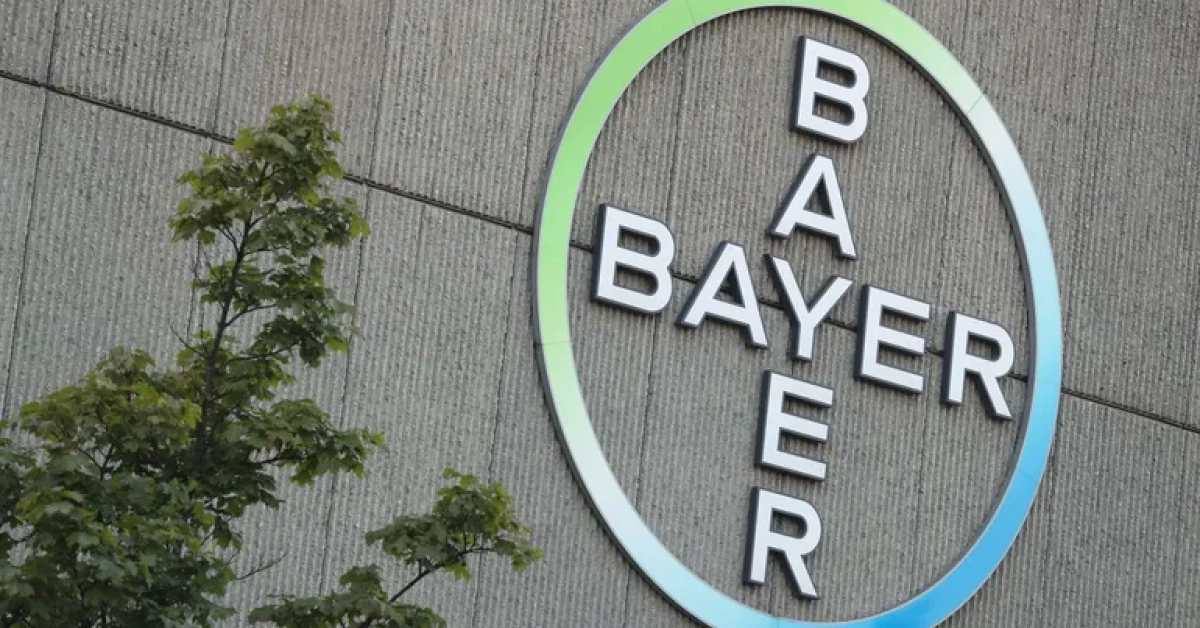
GERMANY – Bayer AG is set to introduce two significant pharmaceutical products in 2025, each projected to achieve annual peak sales exceeding US $1 billion.
This strategic move aims to bolster Bayer’s pharmaceutical division amid financial challenges.
Beyonttra (Acoramidis): A new hope for heart failure patients
Beyonttra, also known as acoramidis, is designed to treat transthyretin amyloid cardiomyopathy (ATTR-CM), a condition that leads to heart failure due to the accumulation of misfolded transthyretin proteins in the heart.
ATTR-CM predominantly affects older adults and can result in progressive heart failure and reduced life expectancy.
Beyonttra functions by stabilizing the transthyretin protein, thereby preventing its misfolding and subsequent amyloid deposition.
This mechanism addresses the underlying cause of ATTR-CM, offering a promising therapeutic option for patients. Bayer plans to bring Beyonttra to market later this year.
Elinzanetant: Advancing menopause symptom management
Elinzanetant is an investigational non-hormonal therapy aimed at alleviating moderate to severe vasomotor symptoms (VMS), commonly known as hot flashes, associated with menopause.
VMS can significantly impact the quality of life for many women during the menopausal transition.
Unlike traditional hormone replacement therapies, elinzanetant offers a non-hormonal approach, potentially providing relief for women who cannot or prefer not to use hormone-based treatments. Bayer anticipates launching elinzanetant in late summer 2025.
Regulatory progress and clinical evidence
Bayer has been actively pursuing regulatory approvals for elinzanetant. In October 2024, the company submitted a marketing authorization application to the European Medicines Agency (EMA).
This followed the U.S. Food and Drug Administration’s (FDA) acceptance of the New Drug Application (NDA) for elinzanetant earlier that month.
These submissions are based on positive results from the Phase III OASIS clinical development program, which evaluated the efficacy and safety of elinzanetant in treating VMS.
The studies demonstrated significant reductions in the frequency and severity of hot flashes, along with improvements in sleep disturbances and overall quality of life.
Strategic implications for Bayer
The introduction of Beyonttra and elinzanetant represents a strategic effort by Bayer to rejuvenate its pharmaceutical portfolio and address its substantial debt burden.
Both drugs have been identified as having blockbuster potential, a term used in the industry to denote drugs expected to achieve annual peak sales of at least US $1 billion.
This potential is particularly significant as Bayer seeks to strengthen its position in the pharmaceutical market and deliver innovative treatments to patients.
XRP HEALTHCARE L.L.C | License Number: 2312867.01 | Dubai | © Copyright 2025 | All Rights Reserved